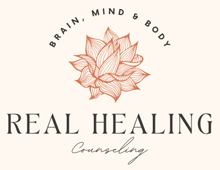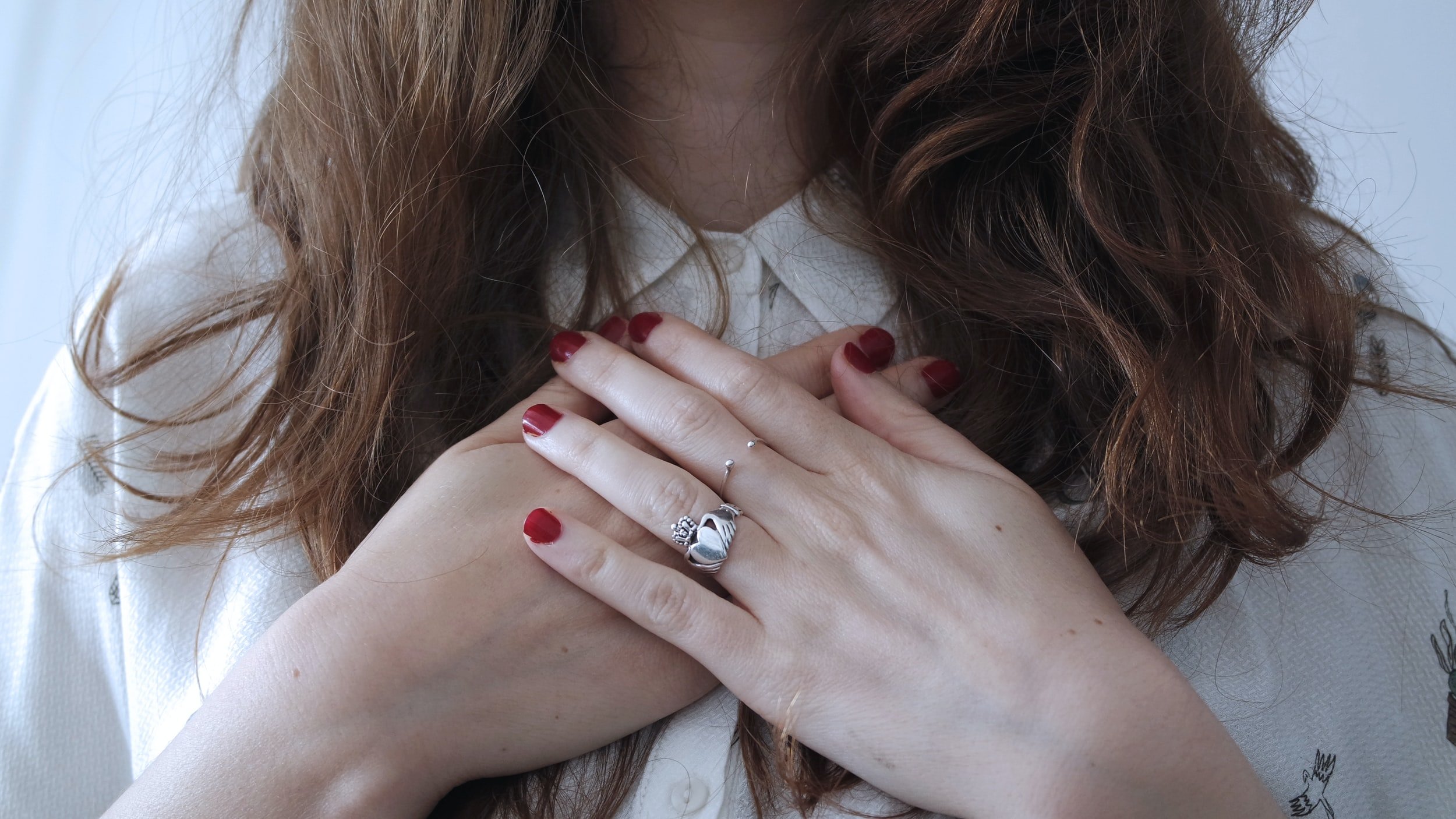Healthy self-esteem and self-love is not always liking yourself. It’s not always liking what you see in the mirror.
It’s about being willing to practice holding yourself in unconditional positive regard. It’s being willing to practice being compassionate and kind to yourself even when you don’t like yourself or what you see in the mirror. It’s being willing to CHOOSE to be forgiving of yourself when you’re having a “bad” or rough day. It’s letting yourself know that it’s okay. It’s okay not to be feeling yourself. It’s okay. It’s telling yourself that tomorrow will be a new day.
It’s CHOOSING to not engage in anything harmful, to yourself or others, when “liking yourself” isn’t easy.
It’s CHOOSING to do the healthy thing, even if you really, really don’t want to.
It’s CHOOSING to tune into your younger self, tending to them, and being curious about what they may need from you today.
It’s CHOOSING to be there for yourself, even if you don’t want to be.
It’s about being willing to notice that voice inside your head that may whisper to you that you are less than. It’s about CHOOSING to practice validating, affirming, and nurturing yourself, even if you don’t want to. That’s okay. Sometimes we have these kind of days.
It’s CHOOSING to give yourself permission to be perfectly imperfect, to give yourself grace, to do your best on these days, and try and take care of yourself to the best of your ability, even if you don’t want to.
Because we can do hard things.
Healthy-self esteem is NOT feeling better than or one-upping yourself to others.
It is reminding yourself that we are all perfectly imperfect and our flaws don’t make us less than and our strengths don’t make us better than. It’s about being equal to and in a position to be able to genuinely connect with ourselves and others.
Again, because we can do hard things.
This is a reminder that wherever you are at on your journey is perfectly imperfect and beautiful. Even if this reminder makes you want to vomit.
I see you.
You are worthy of love and belonging
All of you is worthy of love and belonging, even if it doesn’t always feel this way.
Rant about childhood and family dynamics below…
I also want to take a moment to acknowledge how bad ass it is to make the decision to build healthy self-esteem and let go of one-upping and one-downing, something that may have been really comfortable for a very long time (even if it was also painful). “One-upping” is trying to make ourselves feel better about ourselves by looking down on others or acting like we are better than other people. “One-downing” is about feeling less than others and acting like other people are way better than we are.
Often in my practice I see people who struggle with something called “carried shame”. I will address it more deeply in a following post but feel it is important to briefly touch on while we discuss self-esteem.
Children who experienced less than nurturing childhood experiences may grow into adults who struggle with self-esteem. (Remember that abuse and trauma may be overt, easily identified, or covert, meaning not so obvious and maybe even super hidden). A child does not have the capacity to say “hey, my primary caregivers have a lack of capacity”. They internalize it, blame themselves. They think they did something wrong, that they are not good enough or lovable enough, etc. This is the carried shame we carry in our lives… that manifests in unhealthy self-esteem and deep feelings of feeling like there is something wrong with us, no matter how much we accomplish. I will stop here for now but look forward to sharing more in a future post.
Of course working directly with a professional trauma therapist can help you gain tools to increase your self-esteem, decrease toxic shame. However, I do believe practicing what I discussed in this blog post is incredibly helpful, with or without a trauma therapist.

